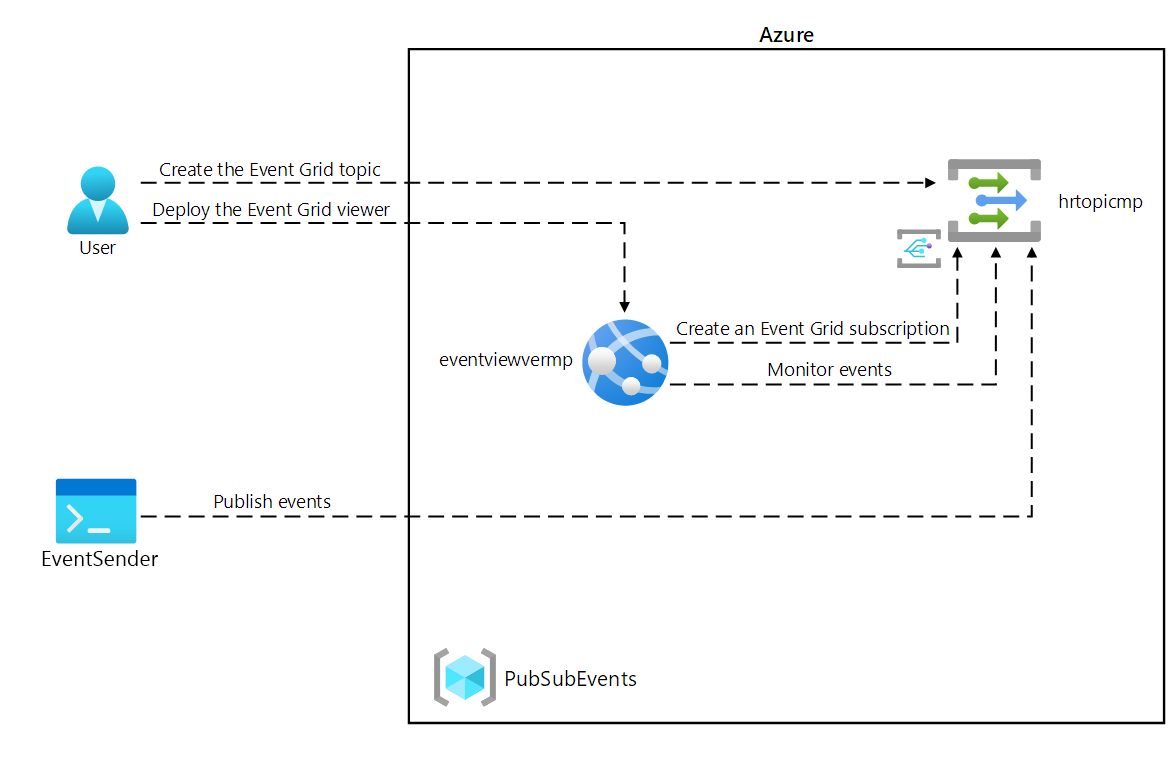DevOps allows Agile Development Teams to implement Continuous Integration and Continuous Delivery. This helps them to launch products faster into the market.
Other Important reasons are:
1. Predictability: DevOps offers significantly lower failure rate of new releases
2. Reproducibility: Version everything so that earlier version can be restored anytime.
3. Maintainability: Effortless process of recovery in the event of a new release crashing or disabling the current system.
4. Time to market: DevOps reduces the time to market up to 50% through streamlined software delivery. This is particularly the case for digital and mobile applications.
5. Greater Quality: DevOps helps the team to provide improved quality of application development as it incorporates infrastructure issues.
6. Reduced Risk: DevOps incorporates security aspects in the software delivery lifecycle. It helps in reduction of defects across the lifecycle.
7. Resiliency: The Operational state of the software system is more stable, secure, and changes are auditable.
8. Cost Efficiency: DevOps offers cost efficiency in the software development process which is always an aspiration of IT companies' management.
9. Breaks larger code base into small pieces: DevOps is based on the agile programming method. Therefore, it allows breaking larger code bases into smaller and manageable chunks.
When to adopt DevOps?
DevOps should be used for large distributed applications such as eCommerce sites or applications hosted on a cloud platform.
When not to adopt DevOps?
It should not be used in a mission-critical application like bank, power and other sensitive data sites. Such applications need strict access controls on the production environment, a detailed change management policy, access control policy to the data centers.

No comments:
Post a Comment